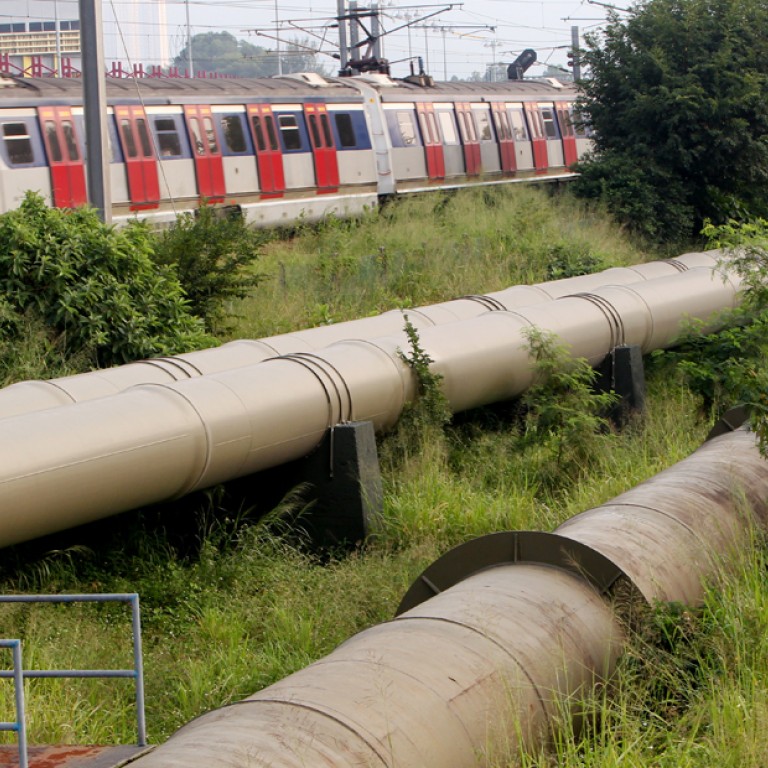
City must reduce reliance on Dongjiang water, John Tsang says
Seawater desalination is an important future source of water supply for Hong Kong, Financial Secretary John Tsang Chun-wah has reiterated. It was necessary for the city to adopt the process because Guangdong, which currently provides up to 80 per cent of Hong Kong's tap water, is seeing a growing demand for the resource, Tsang wrote in his weekly blog post.
Seawater desalination is an important future source of water supply for Hong Kong, Financial Secretary John Tsang Chun-wah has reiterated.

"While Hong Kong's drinking water supply is currently stable, residents easily overlook the risk concerning the long-time supply," he wrote. "The increasingly affluent cities in Guangdong, including Heyuan , Huizhou , Dongguan and Shenzhen, are having an increasing demand for Dongjiang river's water … Hong Kong should not over-rely on Dongjiang water; we should responsibly explore alternative, new water sources."
Tsang's post followed a week in which the government asked the public to look towards the north of the border for "a stable supply" of another basic resource: electricity.
Seawater desalination was adopted by the colonial government in the 1970s and 1980s, but the process was stopped in the face of surging fuel prices.
But as Tsang declared in his budget last year, the technology is now ripe for use once more. The growing global popularity of reverse osmosis has helped lower the cost of the process from HK$35 per cubic metre in the 1970s to just HK$12 now, he said.
The government has earmarked a site in Tseung Kwan O to build the desalination facilities, expected to be put into operation in 2020, providing 5 per cent of local water.
"Although [the price of the process] is still a bit higher than other water sources, it is overall acceptable," Tsang said. "I also believe the cost will be further reduced given the future development of the technology.
"We need to be well prepared ... to make seawater desalination an important water source for Hong Kong in the long run."

